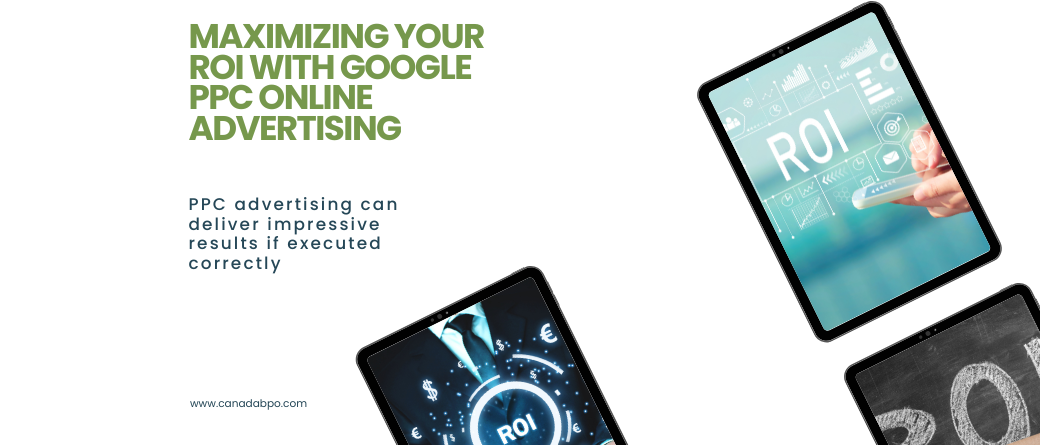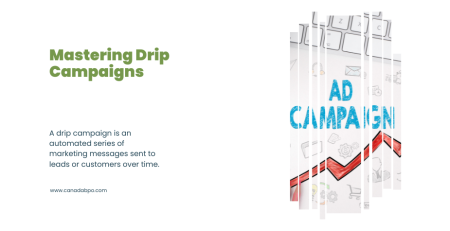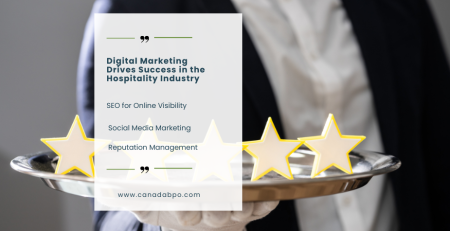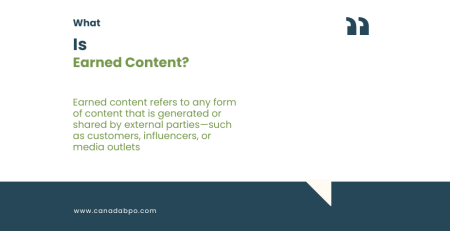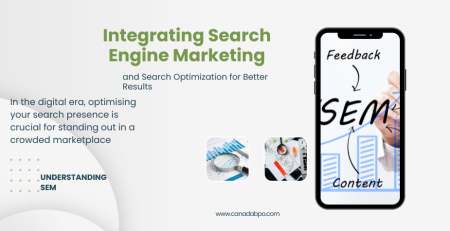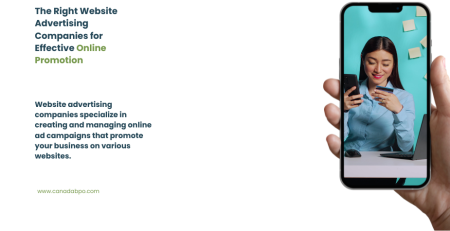Google PPC (Pay-Per-Click) online advertising is one of the most effective methods for driving targeted traffic to your website and increasing conversions. With Google’s vast reach and sophisticated targeting options, PPC advertising can deliver impressive results if executed correctly. This guide will walk you through the essentials of Google PPC online advertising, from understanding how it works to optimizing your campaigns for maximum ROI.
What is Google PPC Online Advertising?
This section provides an overview of Google PPC and its benefits:
- Definition:
Google PPC online advertising involves placing ads on Google’s search engine results pages (SERPs) and across its Display Network. Advertisers bid on keywords related to their business, and their ads appear when users search for those keywords. - How It Works:
- Bidding: Advertisers bid on keywords, and their ads enter an auction process. The ad’s position on the SERP is determined by the bid amount and the quality score.
- Quality Score: Google assigns a quality score based on the relevance of the ad, the expected click-through rate (CTR), and the landing page experience.
- Cost: Advertisers pay only when users click on their ads (hence “pay-per-click”), making it a cost-effective method for driving traffic.
- Benefits of Google PPC Online Advertising:
- Immediate Results: Ads can start generating traffic as soon as they are approved.
- Targeted Traffic: Reach users actively searching for products or services related to your business.
- Measurable ROI: Track performance metrics such as clicks, conversions, and cost-per-acquisition (CPA) to gauge campaign effectiveness.
Key Components of Google PPC Campaigns
This section outlines the essential elements of a successful Google PPC campaign:
- Keyword Research:
- Importance: Identifying the right keywords is crucial for targeting the right audience and ensuring your ads appear in relevant searches.
- Best Practices: Use tools like Google Keyword Planner to find high-traffic, low-competition keywords that align with your business goals.
- Ad Copy Creation:
- Importance: Compelling ad copy attracts users’ attention and encourages clicks.
- Best Practices: Write clear, concise, and engaging ads that include your primary keywords and a strong call-to-action (CTA).
- Landing Page Optimization:
- Importance: The landing page is where users are directed after clicking your ad. A well-optimized landing page improves user experience and conversion rates.
- Best Practices: Ensure the landing page is relevant to the ad, loads quickly, and includes a clear CTA.
- Ad Extensions:
- Importance: Ad extensions provide additional information and enhance the visibility of your ads.
- Best Practices: Utilize extensions like site links, callouts, and structured snippets to provide more value and improve ad performance.
- Bid Management:
- Importance: Effective bid management ensures you get the best possible return on your ad spend.
- Best Practices: Monitor and adjust bids based on performance data to optimize ad placement and cost-efficiency.
- Performance Tracking and Analytics:
- Importance: Tracking campaign performance helps you understand what’s working and what needs improvement.
- Best Practices: Use Google Ads’ analytics tools to track metrics such as CTR, conversion rate, and CPA, and make data-driven decisions.
Strategies for Optimizing Google PPC Online Advertising
This section provides tips for enhancing the effectiveness of your Google PPC campaigns:
- Conduct Regular A/B Testing:
- Importance: Testing different ad variations helps identify the most effective messaging and design.
- Best Practices: Experiment with different headlines, ad copy, and CTAs to find what resonates best with your audience.
- Leverage Negative Keywords:
- Importance: Negative keywords prevent your ads from appearing in irrelevant searches, saving you money and improving targeting.
- Best Practices: Regularly update your negative keyword list to exclude terms that do not align with your business objectives.
- Refine Targeting Options:
- Importance: Accurate targeting ensures your ads reach the right audience.
- Best Practices: Use demographic targeting, geographic targeting, and device targeting to tailor your ads to specific user segments.
- Monitor Competitor Activity:
- Importance: Understanding your competitors’ strategies can provide insights into optimizing your own campaigns.
- Best Practices: Analyze competitor ads, keywords, and bidding strategies to identify opportunities for differentiation and improvement.
- Adjust for Seasonality and Trends:
- Importance: Ad performance can vary based on seasonal trends and market conditions.
- Best Practices: Adjust your campaigns to reflect seasonal changes and industry trends to maintain relevance and maximize ROI.
Common Mistakes to Avoid in Google PPC Online Advertising
This section highlights potential pitfalls and how to avoid them:
- Ignoring Quality Score:
- Mistake: Focusing solely on bid amounts without considering quality score can lead to higher costs and lower ad positions.
- Solution: Optimize your ads and landing pages to improve your quality score and reduce costs.
- Neglecting Mobile Optimization:
- Mistake: Failing to optimize ads and landing pages for mobile users can result in missed opportunities and poor user experience.
- Solution: Ensure your ads and landing pages are mobile-friendly to capture traffic from mobile devices.
- Overlooking Conversion Tracking:
- Mistake: Not tracking conversions means missing out on valuable data for optimizing your campaigns.
- Solution: Set up conversion tracking to measure the effectiveness of your ads and make informed decisions.
Google PPC online advertising offers a powerful way to drive targeted traffic and achieve your marketing goals. By understanding its components, implementing effective strategies, and avoiding common mistakes, you can maximize your ROI and achieve impressive results. Take advantage of Google PPC’s capabilities to enhance your online presence and grow your business.
Ready to elevate your online advertising efforts with Google PPC? Contact us today to learn how our expert team can help you create and manage successful PPC campaigns that drive results.
